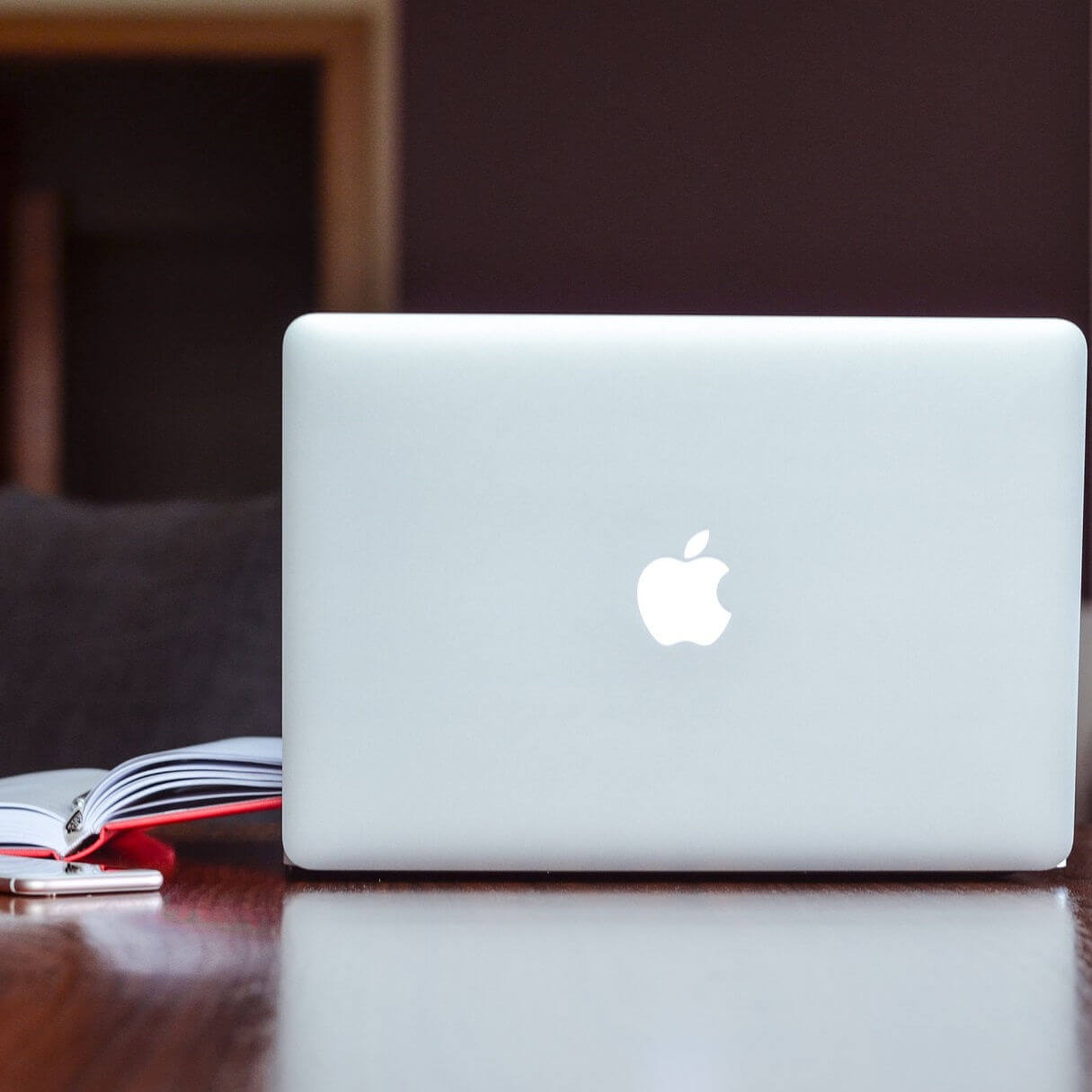
- #Get mac to read hd formatted for windows mac os x
- #Get mac to read hd formatted for windows mac os
- #Get mac to read hd formatted for windows install
- #Get mac to read hd formatted for windows Pc
- #Get mac to read hd formatted for windows plus
Only by setting permissions for Everyone to Read/Write on the shared external drive can you then write to the shared external drive from the Windows PC while logged in as a standard account on the Mac sharing the drive. Any attempt write to the drive will result in Windows alert stating that you do not have the necessary authorization. Then log in to that Standard account over the network from a PC running Windows, you cannot write to the external drive despite having Read/Write permissions.
Click Options and enable the Standard account to share files and folders using SMB. Assign Read/Write permissions to a the Standard account. Add a Standard account to Users for that shared drive. Add the external drive to Shared Folders. If you set up the shared external drive in Sharing preferences as follows: Standard accounts with Read/Write permissions on the shared drive cannot write to it over SMB unless permissions for Everyone are set to Read/Write. Therefore, Windows users cannot be given sharing-only accounts on the Mac. Sharing-only accounts cannot be set to share files and folders using SMB. This is because testing has shown that the following Leopard features do not work as expected: 1. Unfortunately, this must be either an Admin account or a Standard account with Read/Write permissions enabled for Everyone on the external drive. Windows users will need an account on the Mac. If the external drive will be connected to a Mac, share it with Windows users using the instructions in the Mac Help document "Setting up a Mac computer to share files with Windows users." However, some special handling is required. If the external drive will be connected to a PC, share it with Macs using the instructions in the Mac Help document "Setting up a Windows computer to share files with Mac users." Consult Windows help for additional information. If the external drive will be connected to the PC, NTFS format is preferred if files larger than 4 GB will be written to the drive. Mac OS Extended (Journaled) format if connected to the Mac, NTFS or FAT32 format if connected to the PC. If Macs running Leopard and PCs running Windows are on the same local network, the external drive should be formatted for the computer to which it will be directly connected, i.e. Sharing an external drive over a local network Therefore, the best approach is to format the external drive in Mac OS Extended format and use MacDrive for Windows to work with it on the PC. See "Mac OS X 10.2: MS-DOS Disk Does Not Appear in Finder."
If you connect an MS DOS-formatted disk larger than 128Gb to a Mac running Jaguar, the disk will not show up in Finder. The MS DOS format is also known as FAT32. If you plan to work with large files, such as digital video, the largest file you can write to a disk in MS DOS format is 4GB. Serious problems can arise if you move the file (xxx) separately from its resource fork (._xxx) on the PC and then try to open the file on the Mac. This is new with OS X, as documented in "Mac OS X: Apple Double Format Creates File Name With the Prefix '._'." The resource fork contains metadata about the file that is exclusive to the Mac. This is called Apple Double Format and is normal. When you copy or save a file from a Mac to a Windows shared volume or Windows-formatted disk, the Mac creates two files:. Disk Utility only permits you to format the entire drive in MS DOS format: it does not permit you to partition the drive so that some partitions are in MS DOS format while others are in Mac OS Extended (aka HFS Plus or HFS+) format. While it is possible to format the external drive in MS DOS (FAT32) format for use with both Macs and PCs, this has a number of side effects that are best avoided. MacDrive for Windows permits Windows computers to use disks in Mac formats.  Install Mediafour MacDrive for Windows on the PC.
Install Mediafour MacDrive for Windows on the PC. 
Prior to reformatting the external drive, backup any data on it that you wish to save.
Format the external drive in Mac OS Extended format: see the Disk Utility Help documents concerning partitioning a disk. If you have an external drive that you want to share between two locations, such as home and office, and have a PC at one location and a Mac at the other, then the best way to physically share the drive is: 
a FireWire® or USB 2.0 drive, between a Mac running Mac OS X 10.5 Leopard® and a PC running Microsoft® Windows®: physically or over a local network. There are two ways to share an external drive, i.e. Sharing an external drive between a Mac and a PC under Leopard







 0 kommentar(er)
0 kommentar(er)
